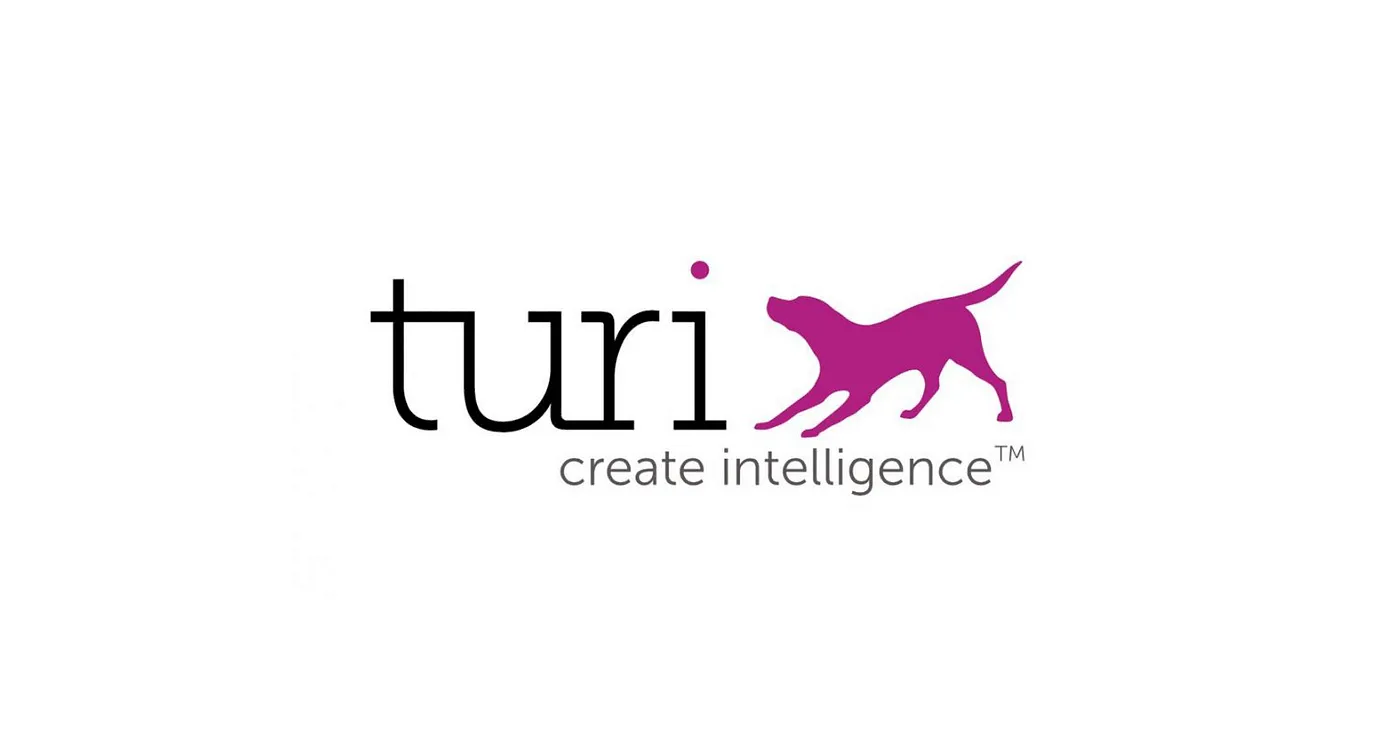Table of Contents
Introduction
In today’s digital age, personalization has become a key element in enhancing user experiences across various platforms. Recommendation systems, which leverage machine learning techniques, play a vital role in delivering personalized content and product recommendations to users.
Amazon Web Services (AWS) offers a powerful recommendation system service called AWS Personalize, but it’s not the only player in the field. In this blog post, we’ll explore AWS Personalize and its alternatives for building effective recommendation systems.
Understanding Recommendation Systems:
At its core, a recommendation system is a digital curator, designed to guide users through the overwhelming landscape of choices by providing personalized suggestions. These systems leverage algorithms and data analysis to predict and tailor recommendations based on user preferences, ultimately enhancing user experience and engagement.
The mechanics behind recommendation systems involve various approaches, with collaborative filtering and content-based filtering being prominent. Collaborative filtering analyzes user behavior and preferences to generate recommendations, while content-based filtering focuses on the characteristics of items and matches them with user preferences. Hybrid models combine these approaches for a more robust and accurate recommendation.
The process typically includes collecting user data, building user profiles, and employing algorithms to match users with items that align with their preferences. In essence, recommendation systems thrive on decoding user behavior and content attributes to deliver a personalized and efficient browsing or shopping experience.
AWS Personalize: A Deep Dive
Amazon Web Services (AWS) offers a dedicated service for building recommendation systems called AWS Personalize. It provides a straightforward and comprehensive solution for businesses looking to implement personalized recommendations. Let’s take a closer look at its features:
1. Scalability: AWS Personalize is designed to handle large datasets and can scale to meet the needs of growing businesses. It takes advantage of AWS infrastructure, ensuring reliable and scalable operations.
2. Machine Learning Models: The service employs various machine learning algorithms, including user personalization, item recommendation, and real-time user segmentation. This allows businesses to choose the most suitable algorithm for their use case.
3. Customization: AWS Personalize enables businesses to customize recommendation models according to their specific requirements. It supports fine-tuning and training models to improve recommendation accuracy.
4. Data Integration: The service integrates seamlessly with AWS data storage services, such as Amazon S3 and Amazon RDS, making it easier to access and analyze data for recommendations.
5. Real-Time Recommendations: AWS Personalize provides real-time recommendations, enabling businesses to deliver dynamic and up-to-date suggestions to users as they interact with their applications.
6. Fully Managed: As a fully managed service, AWS Personalize takes care of infrastructure and operational aspects, allowing businesses to focus on building and improving their recommendation systems.
7. Amazon’s Experience: Given Amazon’s extensive experience in building recommendation systems for its e-commerce platform, AWS Personalize benefits from the best practices developed by the retail giant.
8. Quick Start: AWS Personalize offers a Quick Start feature that simplifies the setup process, helping businesses get started with personalized recommendations more quickly.
Now that we have a solid understanding of AWS Personalize let’s explore some alternatives and competitors that can also help build recommendation systems.
Alternatives to AWS Personalize
While AWS Personalize is a robust and user-friendly service, there are several alternatives available that cater to different use cases and preferences:
1. Amazon SageMaker

Amazon SageMaker is a comprehensive machine-learning service provided by AWS. Unlike AWS Personalize, SageMaker offers more flexibility, allowing businesses to build custom recommendation algorithms. This is a great choice for those who want more control over their recommendation models and are comfortable with machine learning development. In addition to its flexibility, Amazon SageMaker simplifies the end-to-end machine-learning workflow.
Focus: End-to-end machine learning platform with tools for building, training, and deploying models
Users:
- Netflix
- Intuit
- GE Healthcare
2. Google Cloud AI Platform
Google’s AI Platform is a strong contender for businesses using Google Cloud. It offers tools and services for building recommendation systems using machine learning. It’s a great option if you’re already invested in the Google Cloud ecosystem. Complementing its standing as a robust choice for businesses on Google Cloud, the AI Platform goes beyond recommendation systems, providing a comprehensive suite of machine learning tools and services.
This platform caters to a broad spectrum of AI applications, including natural language processing, image recognition, and more. If your organization is deeply integrated into the Google Cloud ecosystem, leveraging the AI Platform not only ensures seamless compatibility but also allows for a unified approach to managing and deploying various machine learning models.
The platform’s user-friendly interface and integration with popular ML frameworks make it accessible for both beginners and experienced data scientists, facilitating a smooth transition into the realm of advanced AI applications.
Focus: Comprehensive platform for developing, deploying, and managing machine learning models using Google Cloud infrastructure
Users:
- Spotify
- HSBC
3. Microsoft Azure Machine Learning

Microsoft Azure Machine Learning provides a range of tools and services for building recommendation systems using various machine learning algorithms. Azure users will find this platform familiar and convenient.
Beyond its capabilities in recommendation systems, Microsoft Azure Machine Learning offers a diverse array of tools and services, making it a versatile hub for various machine learning endeavors. Designed with Azure users in mind, the platform seamlessly integrates into the broader Microsoft ecosystem, providing a familiar environment for those already accustomed to Azure services.
Focus: Integrated platform for building, training, and deploying machine learning models with seamless integration into Azure services
Users:
- Adobe
- Walgreens
- Schneider Electric
4. TensorFlow Recommenders

For those who prefer open-source solutions, TensorFlow Recommenders is an excellent choice. TensorFlow is a widely used machine learning framework, and TensorFlow Recommenders is a library specifically designed for building recommendation systems. It allows you to create custom recommendation algorithms and integrate them into your applications.
Catering to the preferences of open-source enthusiasts, TensorFlow Recommenders stands out as a compelling option for building recommendation systems. As an extension of the widely adopted TensorFlow machine learning framework, TensorFlow Recommenders provides a dedicated library tailored for the development of recommendation algorithms.
Focus: TensorFlow extension for building recommendation systems, providing tools and libraries specifically for recommendation tasks
Users:
- Spotify
- Airbnb
5. Apache Mahout

Apache Mahout is another open-source project that offers a library of machine-learning algorithms for building recommendation systems. It can be run on various cloud platforms and provides a great deal of flexibility for customization.
For those seeking an open-source alternative, Apache Mahout emerges as a robust solution, presenting a library of machine-learning algorithms tailored specifically for the development of recommendation systems. As a versatile platform, Mahout is compatible with a range of cloud environments, allowing users to deploy and scale recommendation models seamlessly.
Focus: Scalable machine learning library that primarily focuses on collaborative filtering and clustering
Users:
- Yahoo!
6. RapidMiner

In the realm of data science platforms, RapidMiner stands out as a comprehensive solution that seamlessly incorporates recommendation system capabilities. What sets RapidMiner apart is its intuitive and user-friendly interface, making it an ideal choice for individuals with varying levels of machine learning expertise.
Whether you’re a seasoned data scientist or a business analyst exploring the potential of recommendation models, RapidMiner simplifies the entire process—from building to deploying. The platform’s accessibility, coupled with its robust recommendation system features, positions it as a valuable tool for organizations looking to harness the power of data-driven recommendations without the need for extensive machine-learning knowledge.
Focus: End-to-end data science platform offering tools for data preparation, machine learning, and model deployment
Users:
- PayPal
- Deloitte
- Siemens
7. SAS Viya
SAS Viya is an analytics platform that includes recommendation system capabilities. It offers a range of tools for data analysis and model building, including recommendation systems. It’s particularly well-suited for businesses in finance, healthcare, and other industries where data analysis is crucial.
At the intersection of advanced analytics and recommendation systems, SAS Viya emerges as a powerful platform catering to diverse industries. Boasting an extensive analytics toolkit, SAS Viya seamlessly integrates recommendation system capabilities into its array of tools for data analysis and model building.
Focus: Analytics platform that includes machine learning capabilities for building and deploying models
Users:
- T-Mobile
- Nationwide
- Bank of America
8. Turi Create

Turi Create is an open-source machine-learning library created by Apple. It provides tools for building recommendation systems and other machine-learning models. It’s a great choice for those who prefer open-source solutions and are comfortable with Python.
Turi Create shines as a creation of Apple, offering a versatile toolkit for building recommendation systems and a variety of other machine learning models. Tailored for those who lean towards open-source solutions.
Focus: Machine learning framework designed for simplicity and efficiency, suitable for building recommendation systems among other tasks
Users:
- Apple (acquired Turi)
- Uber
9. Cognitec
Cognitec stands out as a specialized recommendation system platform, dedicated to delivering machine learning-powered personalization and recommendation capabilities across various domains, including e-commerce and content. Tailored for businesses with industry-specific needs, Cognitec excels in providing targeted solutions for enhancing user experience and engagement.
Whether you’re navigating the intricacies of e-commerce dynamics or seeking content recommendations, Cognitec’s platform is designed to meet the unique demands of specific industries. With its focus on precision and relevance, Cognitec empowers businesses to leverage cutting-edge recommendation algorithms, offering a streamlined approach to enhancing customer interactions and driving success in their respective domains.
Focus: Facial recognition technology and solutions, recommender system not specifically tailored for small machine learning tasks
Users: Various law enforcement and security agencies globally
10. IBM Watson Studio
IBM Watson Studio provides tools for building and deploying recommendation systems using machine learning. It can be used in various industries, including e-commerce, healthcare, and finance. In the expansive landscape of machine learning, IBM Watson Studio emerges as a formidable ally, offering a robust suite of tools dedicated to the development and deployment of recommendation systems.
Focus: Integrated environment for data scientists and developers, providing tools for building, training, and deploying machine learning models
Users:
- The Royal Bank of Scotland
- Coca-Cola European Partners
- University of California, San Francisco (UCSF)
Choosing the Right Solution
These platforms and tools vary in terms of providers, focus areas, and the specific functionalities they offer within the broader field of machine learning and recommendation systems. The choice between AWS Personalize and its alternatives depends on various factors, including your specific use case, the level of customization required, and the platform or cloud provider you are already using.
Here are some considerations to help you make an informed decision:
1. Use Case: Consider the nature of your business and the type of recommendations you want to provide. Some platforms or services may be better suited for e-commerce, while others are more flexible and adaptable to different industries.
2. Customization: If you require a high degree of customization and control over your recommendation algorithms, you might prefer a more flexible service like Amazon SageMaker or TensorFlow Recommenders.
3. Data Ecosystem: Your choice should align with your existing data infrastructure. If you’re already using a particular cloud provider, it may make sense to choose a recommendation system solution from that provider to simplify integration.
4. Expertise: Consider the level of machine learning expertise within your team. Some solutions, like RapidMiner or user-friendly cloud services, are designed for users with varying degrees of technical expertise.
5. Scalability: Ensure that the chosen solution can scale with your business as it grows. This is especially important for companies with rapidly expanding user bases.
6. Budget: Evaluate the cost associated with each solution, taking into account factors such as data storage, computation, and licensing fees.
7. Real-Time Recommendations: If real-time recommendations are crucial for your application, confirm that the chosen solution supports this feature.
Conclusion
Recommendation systems are essential for enhancing user experiences in the digital world. Whether you’re running an e-commerce platform, a content-rich website, a streaming service, or any application with user interactions, personalized recommendations can significantly impact your success.
While AWS Personalize offers a robust, fully managed solution backed by Amazon’s expertise, it’s important to choose the right recommendation system based on your specific needs, existing infrastructure, and budget. The key to success lies not only in selecting the right platform but also in continuous data quality improvement and algorithm optimization.
In today’s competitive landscape, personalization is no longer a luxury but a necessity to keep users engaged and returning for more. In the fast-evolving digital realm, recommendation systems are your ally in providing tailored content and products to users.
Whether you opt for AWS Personalize, a more customizable solution like Amazon SageMaker, or one of the many alternatives, the primary goal remains consistent: delivering personalized experiences that drive user engagement and loyalty. By making an informed choice and embracing ongoing refinement, you can harness the power of recommendation systems to stand out in your industry and create lasting connections with your audience.





